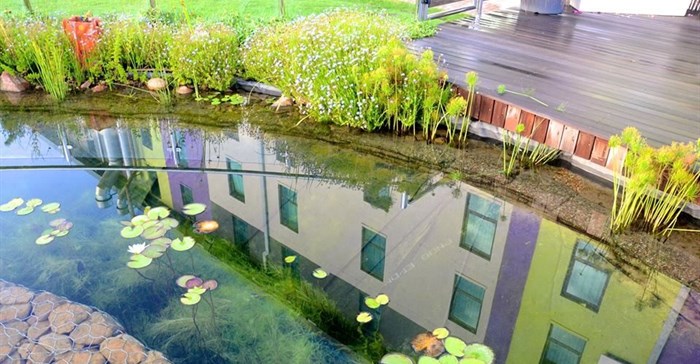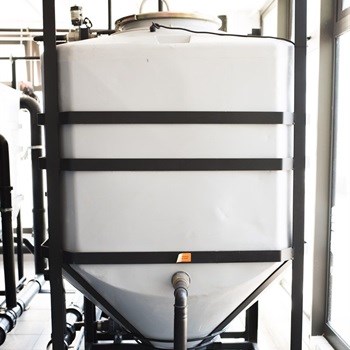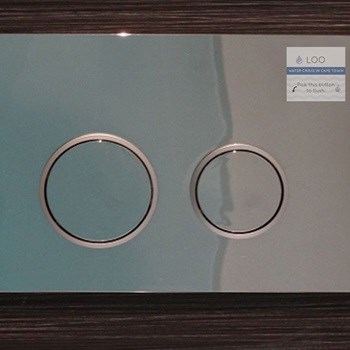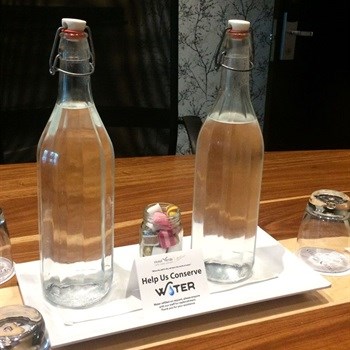Since opening in 2013, Hotel Verde has focused on sustainable tourism, a niche sector that has been in the spotlight over the past few months. As 2017 was declared the International Year of Sustainable Tourism for Development by the UN, the drought in the Western Cape persisting and with water restriction in Cape Town reaching level five, operating a sustainable travel and hospitality business has become a necessity.
Tourism is one of the key contributors to the South African economy, with the Western Cape - and Cape Town in particular - attracting a large number of visitors. With this in mind, it is understandable that water restrictions have raised a number of compelling questions for the local travel and hospitality industry, such as how to save water while maintaining high standards and top facilities for tourists.
In 2015, Hotel Verde became the first hotel in the world to receive double LEED Platinum certification from the United States Green Building Council, acknowledging the hotel’s commitment to the environment through construction, operation, and maintenance. As a pioneer in the sustainable tourism industry, Hotel Verde is continuously embracing green innovation and places strong emphasis on environmental education. To this end, the hotel hosted a Twitter chat on 29 June 2017 to engage industry players on the topic of water wise tourism in Cape Town. The chat provided a platform to share ideas and find solutions to the challenges arising from the city’s water restrictions.
Water wise businesses
A key area of discussion was how tourism and hospitality businesses are saving water and encouraging their guests and visitors to participate. Tying in with this was the challenge facing four to five-star tourism products – how to save water yet maintain a luxury offering.
As tweeted by Hotel Verde, "Everyone in the tourism chain is a key player – guests, employees, owners." The conversation revealed that many businesses are providing guests with water saving tips via signage or digital platforms, and have begun educating employees on water conservation. Similarly, the industry is realising the importance of supporting water wise businesses when seeking partnerships.
Hotel Verde’s grey-water recycling systems were included in the hotel’s original design and save on average R484,431 a year, resulting in the initial cost being recouped within 4.2 years of operation. More importantly, this and other infrastructures such as water-efficient washing machine cycles and low-flow tap fittings has allowed the hotel to provide guests with a consistent luxury product despite water restrictions. Additional measures have also been put into place, such as conferencing water bottles only being filled on request and thus avoiding potential wastage, but have not impacted the comfort or expectations of guests.
How the water crisis can become an opportunity
To conclude the discussion, Hotel Verde asked participants how the water crisis can become an opportunity. The hotel guarantees guests a sustainable stay, supplying them with a complimentary carbon-offset certificate, and offers an in-house rewards programme that encourages guests to make more eco-friendly choices such as reusing towels to reduce water consumption in the laundry. With an increasing number of travellers choosing green accommodation, sustainable operations will surely benefit in years to come.
While the water shortage is indeed a crisis, the #WaterwiseTourismCT chat showed that it has inadvertently had a positive impact on sustainable tourism, creating a more thrivable industry than before. The conversation engaged with businesses of all sizes, from small lodges through to large tourist attractions, showing that the hospitality and travel sector as a whole is moving towards a greener future and adopting practices that will continue even after water restrictions are relaxed.




















































